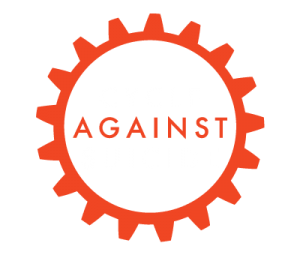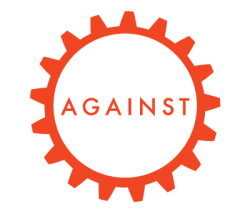Stress – How Stress Hurts
Stress is something that we all face at one time or another. Despite it being unpleasant, stress in itself is not an illness. An important point to realise is that stress is not inherently bad. Stress causes physical changes to the body, increasing heart rate and breathing.
When things feel uncertain or when we generally do not feel safe, it is normal to feel stressed. Our body’s acute stress response, also known as our fight-or-flight response, is designed to keep us safe by heightening our response to perceived danger. Part of that response is the release of stress hormones which increases our
heart rate, blood pressure and overall alertness.
In short bursts, stress can be a good thing and can help you, with short-term memory becoming more effective. If you are in the midst of a major challenge, you can leverage your stress reaction to enhance your performance, optimising your awareness and other mental faculties.
It is only when we experience an excess of stress that it becomes damaging and destructive. When the stress response becomes prolonged (chronic), it has a very different effect to that of short bursts and can result in the body’s stress response no longer being able to return to its normal state. This long-term stress can contribute to both physical and mental ill health through effects on the heart, immune and metabolic functions, and hormones acting on the brain.
Too much stress can lead to binge eating, insomnia, stomach pains, headaches, high blood pressure, back pain, irritability, infection, anxiety, depression. Stress, too, seems to lead to more stress, creating a vicious cycle.
Recognising The Symptoms Too frequently, people will ignore stress. The key to handling stress healthily is
cultivating your ability to spot it while it is happening to you. The more readily you can discern stress as it arises within you, the more quickly and efficiently you will be able to respond to it, implementing strategies and tactics for overcoming it or managing it. The symptoms of stress can include:
› fatigue
› headaches
› difficulty concentrating
› difficulty making decisions
› uncontrollable anger
› abuse of alcohol, caffeine, cigarettes, and drugs
› overeating
› undereating
› binge eating
› overwhelming feelings
› overthinking

